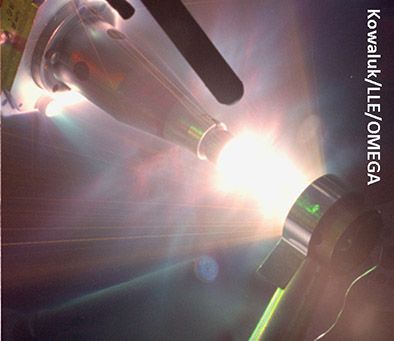PhD project: Micro-Confinement of Dense Energetic Plasmas
Project description
In order to develop new clean sources of energy, it is important to understand the behaviour of dense plasmas, which form the basis of nuclear fusion technologies including Inertial Confinement Fusion. The ability to predict and control plasma behaviour is an essential step on the promising path toward controlled fusion energy. Confinement of dense plasmas in a laboratory or reactor remains highly challenging to date, as plasmas tend to expand and cool quickly. For this project you will explore revolutionary methods for confining and studying dense plasma states for longer periods of time using microscopic containment in a laser-heated diamond-anvil cell. You will probe these hard-to-reach states of matter with fast radiation, from sources such as free electron lasers. With these measurements we can learn more about the structural, chemical, and electronic properties of dense plasmas of elements essential for fusion energy, such as the hydrogen isotopes. Perhaps most importantly, we will learn how to generate and control dense plasmas in a small laboratory setting, creating new opportunities to study these extreme substances and helping to design the fusion reactors of the future.
Project supervisor
- Professor Stewart McWilliams (School of Physics & Astronomy, University of Edinburgh)
The project supervisor welcomes informal enquiries about this project.
Find out more about this research area
The links below summarise our research in the area(s) relevant to this project:
- Find out more about Extreme Conditions.
- Find out more about the Institute for Condensed Matter and Complex Systems.
What next?
- Find out how to apply for our PhD degrees.
- Find out about fees and funding and studentship opportunities.
- View and complete the application form (on the main University website).
- Find out how to contact us for more information.

